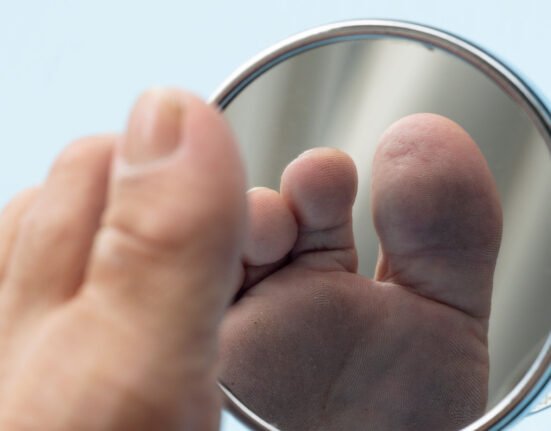According to the International Institute for Sustainable Development, tea is the most widely consumed beverage in the world, after water, among various varieties, including black tea, white tea, and oolong.
Let’s focus on one of the most popular in the world of health: green tea.
Origins and Nutrients in Green Tea
Green tea comes from the leaves of the Camellia sinensis plant. After being picked, the tea buds are gently dried in the shade to reduce moisture and minimize oxidation.
Thanks to this minimal processing, green tea remains rich in antioxidants, especially a type of polyphenol called catechins.
One of the most potent catechins found in green tea is epigallocatechin-3-gallate (EGCG).
This compound is recognised for its anti-inflammatory properties, its capacity to prevent cellular damage, and its role in protecting the body against oxidative stress.
Compared to coffee or black tea, green tea contains less caffeine. It’s no wonder that traditional Chinese and Indian medicine have utilised green tea for centuries to treat wounds, support heart health, aid digestion, and more.
Today, numerous modern studies have confirmed green tea’s potential to support weight loss, manage type 2 diabetes, boost brain health, and even protect against certain types of cancer.
Health Benefits of Green Tea

1. Supports Heart Health
Drinking green tea regularly may reduce the risk of cardiovascular disease, heart attacks, and strokes. Studies show that it helps lower total cholesterol and LDL (“bad”) cholesterol.
Its anti-inflammatory properties also help relax blood vessels and reduce inflammation. Drinking 3–5 cups a day has been linked to a lower risk of dying from heart disease.
2. Enhances Brain Function
Green tea contains a moderate amount of caffeine, enough to provide energy without causing jitters.
It also contains L-theanine, an amino acid that boosts dopamine and serotonin levels, helping reduce stress and improve mood.
The antioxidants in green tea also protect brain cells and may reduce the risk of neurodegenerative diseases, such as Alzheimer’s, Parkinson’s, and dementia.
3. Aids in Weight Loss
The combination of caffeine and catechins may help accelerate metabolism and enhance fat burning, particularly when paired with regular exercise and a balanced diet.
4. Regulates Blood Sugar Levels
For individuals with type 2 diabetes, green tea can be a valuable ally. It helps regulate blood sugar levels and improves insulin sensitivity.
A study in China found that daily green tea consumption was linked to a lower risk of developing type 2 diabetes and its complications.
5. May Help Prevent Certain Types of Cancer
The polyphenols and antioxidants in green tea help protect cells from damage caused by free radicals and inflammation.
Some types of cancer that may be prevented with green tea include:
- Breast cancer: Risk reduced by up to 15%
- Colorectal cancer: Risk reduced by 30–40%
- Oral cancer: Long-term consumption significantly lowers the risk
Still, it’s important to remember that green tea is not a magic bullet. A healthy lifestyle remains the most effective way to reduce the risk of cancer.
6. Promotes Healthy Skin
Green tea is excellent for your skin, both when consumed and when applied topically. Green tea extract may help alleviate conditions such as dermatitis, rosacea, and acne, and also protect against premature ageing and sun damage.
It’s no surprise that many skincare products include green tea extract in their formulas.
Green tea may not be a miracle drink, but when consumed in moderation as part of a balanced lifestyle, it can offer real health benefits.
Are you ready to brew yourself a cup of green tea today?
References
Healthline. Accessed in 2023. 10 Evidence-Based Health Benefits of Green Tea.
Medical News Today. Accessed in 2023. Green Tea: Health Benefits, Side Effects, and Research.
University of Rochester Medical Center. Accessed in 2023. Green Tea extract.
Verywell Health. Accessed in 2023. Green Tea: Benefits, Side Effects, and Preparation.








Leave feedback about this